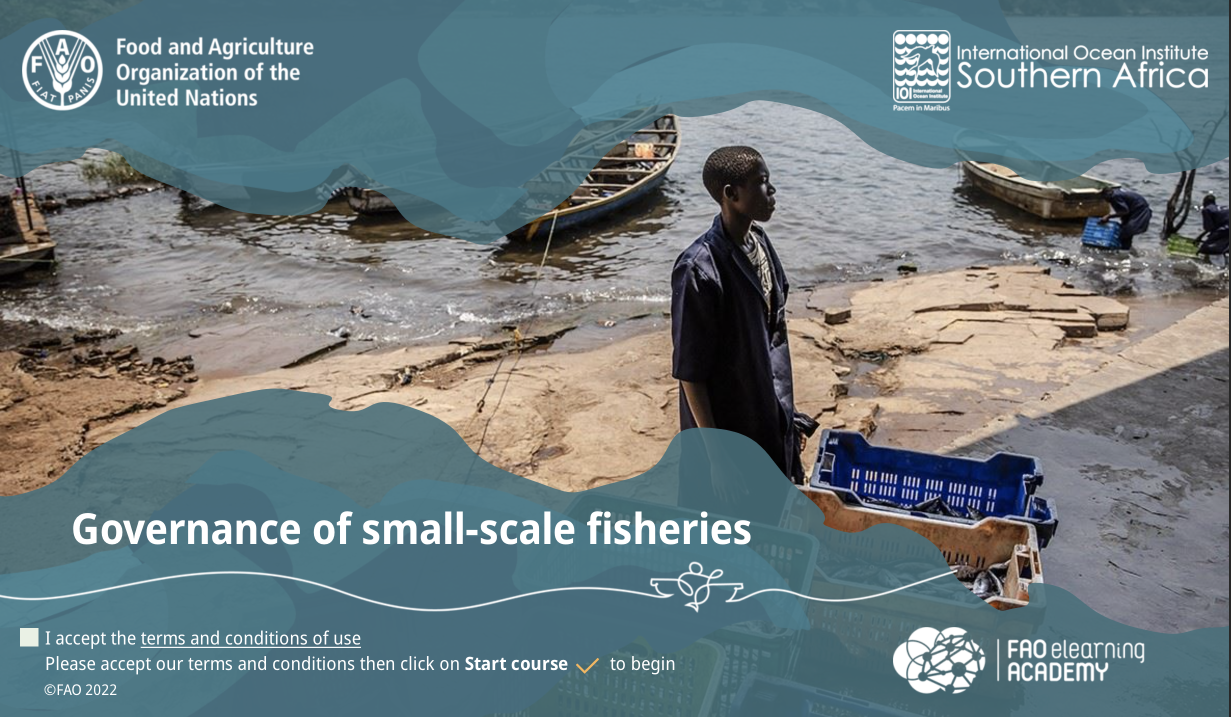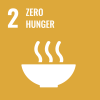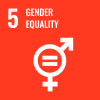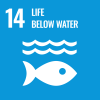Image

This course aims to contribute towards creating an enabling environment for implementing the FAO Voluntary Guidelines for Securing sustainable Small-scale Fisheries (SSF Guidelines) in the Context of Food Security and Poverty Eradication, by strengthening the capacity of government officials and fisheries practitioners at local, national and regional levels, and promoting the development of good governance frameworks.
Audience
This course is aimed at mid-level managers responsible for developing and implementing policy on small-scale fisheries; for example:
- FAO staff
- Fisheries practitioners at local government levels and in non-governmental organizations (NGOs)
- Staff members in national ministries of fisheries or equivalent
You will learn about
- The contributions of small-scale fisheries to livelihoods, food security and nutrition.
- Legal instruments that support the management of marine and inland capture fisheries.
- How aspects of governance relate to the management of fisheries and socio-economic development.
- The links between the achievement of basic human rights, sustainable and equitable livelihoods and protection of ecosystems in small-scale fisheries.
- The creation of an enabling environment for the implementation of the SSF Guidelines.
Course structure
The course consists of 5 lessons, ranging from approximately 30 minutes to 45 duration each:
- Lesson 1 – An introduction to small-scale fisheries
- Lesson 2 – International and legal policy frameworks and the SSF Guidelines
- Lesson 3 – Principles, concepts and approaches to small-scale fisheries governance
- Lesson 4 – Promoting human rights in the small-scale fisheries sector
- Lesson 5 – Creating an enabling environment for inclusive and collaborative governance



